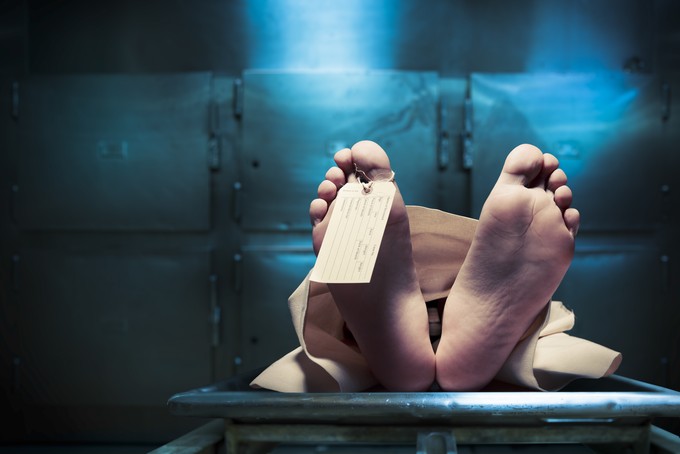So, how do you go about donating your body to science and how do we make sure our loved ones will know our decision?

Most of us have heard about organ donation and how important it is to make sure that our wishes are clear and shared with our nearest and dearest. It is clear that in doing this, lives could be saved. However, what we don't hear so much about is the possibility of donating our bodies to science.
There are many reasons to consider this as an option but ultimately body donation can help train medical professionals and further scientific research.
So, how do you go about donating your body to science and how do we make sure our loved ones will know our decision?
The method isn’t as straightforward as becoming an organ donor, but there is information online that provides clear and simple steps to help guide you through the process.
To donate, you need to leave your body to your local medical school. If you are struggling to identify where this is, a postcode search on the Human Tissue Authority website (hta.gov.uk) should provide the answer.
The preferred way is to fill out the forms provided by your local medical school, although you could also mention your wishes in your will.
Consent to donate your body has to be written and witnessed. This makes your consent document extremely important because consent cannot be given by anyone else after your death.
Firstly, you need to keep a copy of your consent form somewhere safe. Saving it with your will could be a good option. But of course the best way to make sure friends and family know your donation wish is to discuss it! Let them know this is what you want, that you have signed consent and most importantly where that consent form is kept.
In a similar way to organ donation you can receive a body donor card and include the details of the medical school you have registered with. However, the card merely represents your wish to donate and is not a guarantee of your body being donated or accepted.
This may be a shock! But, in a similar way to organ donation, your body may be declined. Reasons could include, certain medical conditions or if an autopsy is required after your death.
In these cases, it is best to talk to your local medical school about your options.
The simple answer is yes!
It does seem that if you are registered for both, then organ donation takes precedent.
After organ donation, the donation to science may be rejected if organs have been removed. However, let’s not forget that there are circumstances in which it is unsuitable to donate your organs, and then your body could be donated to science (if your consent is in place).
Visit the HTA website for more information
You can fill out the consent form and have a donor card but the only way too truly guarantee that your donation wish is carried out is to have that crucial conversation with family and friends.
Why not pop your wish on your plan too.
Read our blog about organ donation here: